As told to Sue Morris, PsyD
As director of Dana-Farber’s Bereavement Program, I regularly sit with bereaved individuals, listen to their stories, and help them navigate their lives after they have been completely turned upside down.
I recently spoke with three bereaved parents who are members of Dana-Farber’s Pediatric Patient and Family Advisory Committee (PFAC), to learn more about their experience of grief.
Here are their stories.
Monica
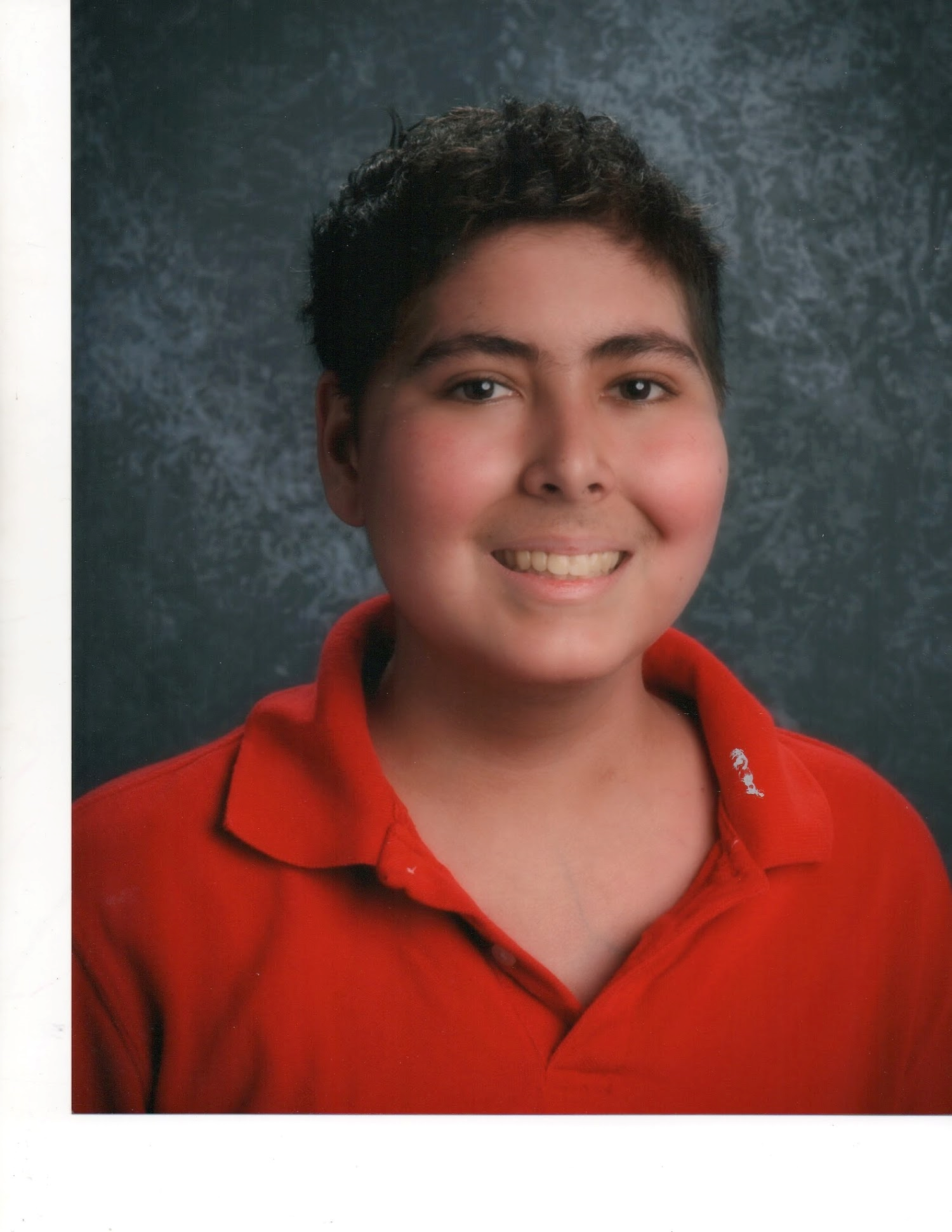
Jose was born in March 1994. He was a spiritual kid who loved to eat and cook. He was smart and intelligent, with a dark sense of humor. When Jose was 11, he was diagnosed with acute lymphoblastic leukemia (ALL) and began treatment at Dana-Farber/Boston Children’s Cancer and Blood Disorders Center. Seven years later, while a senior in high school, he died.
I felt depleted after Jose’s death –spiritually, emotionally, and physically. I was exhausted not only from my immediate grief, but also the cumulative effect of caring for Jose for many years. After his death, I knew I needed to start taking care of myself, but I didn’t know where to start. Eventually, I found walking, working, and telling stories about Jose helped. I set out to build a bridge to a place where I could remember Jose’s life and the good memories.
My advice for newly bereaved parents includes:
- Don’t ask too much of yourself
- Take care of yourself and develop a routine that works for you
- Don’t anguish over conversations you did or didn’t have
- Teach those around you about grief and what you need
- Respect your grief
- Do one thing you enjoy
- Find a venue to explore yourself freely without judgment, such as therapy or a support group
I maintain a connection with Jose by going to places where he liked to eat and cooking his favorite meals, nourishing the positive memories of our relationship, and striving to be a better version of myself.
Mark
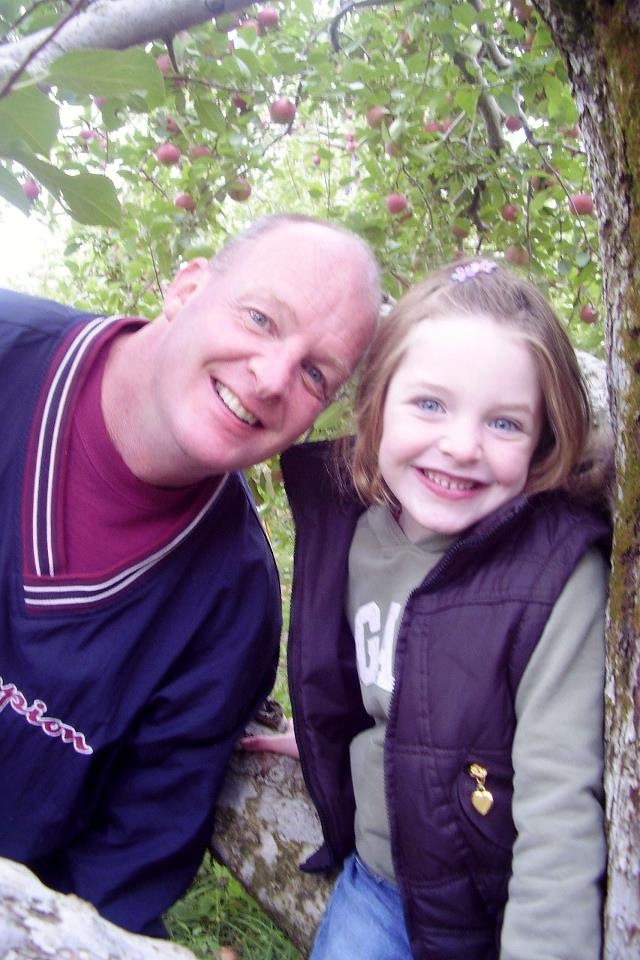
Kaylee was born in November 2003.
She hopped, skipped, and jumped through life, full of energy and humor.
It feels as though her diagnosis with acute myeloid leukemia (AML) was only yesterday. We had been putting up Christmas ornaments the Sunday before Thanksgiving in 2010, when Kaylee said she was tired and needed to lie down, which was unusual given how much she loved Christmas. Days later, she was admitted to Boston Children’s where she remained for the majority of the next five months. After several treatments, including two cycles of chemotherapy and a bone marrow transplant, Kaylee died on April 24, 2011 – Easter Sunday.
Immediately following Kaylee’s death, I was in no man’s land. A friend had to come over every morning just to make sure I got out of bed. But Kaylee had an older brother, Liam, and I focused my attention on him and just got through it. I wasn’t sure how I was supposed to grieve, or if I was doing it right. Kaylee’s care team was hugely helpful; they sent us bereavement materials and notes with their memories of Kaylee and Liam too, which was really cool.
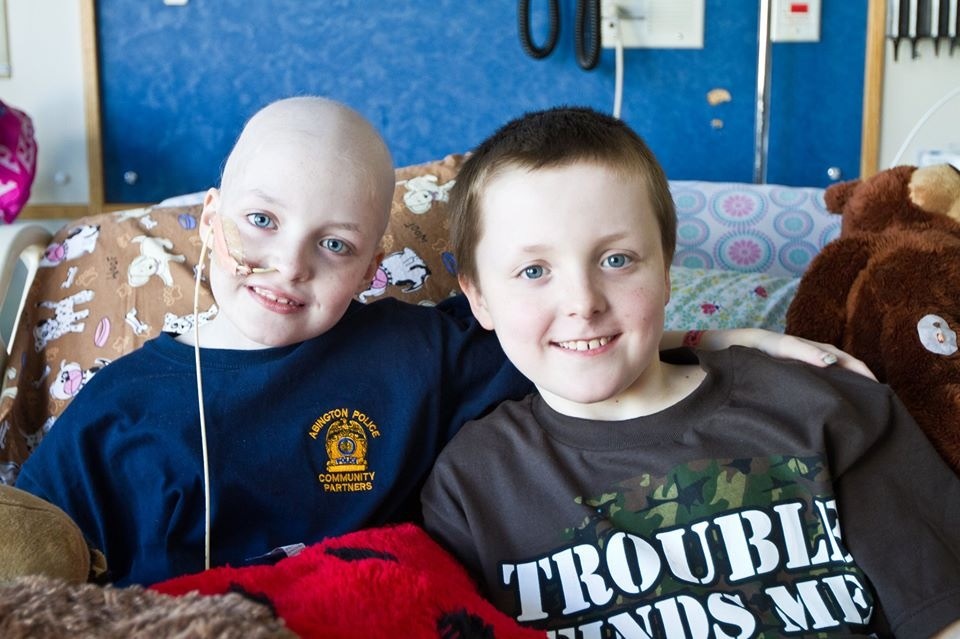
Today, I have more good days than bad. Each June, my brother holds a golf tournament in Kaylee’s honor, and in 2014 I joined PFAC, which has been great therapy for me. Talking about Kaylee whenever I have the chance is immensely helpful.
I recommend other bereaved parents join a small support group, or find another outlet that works for them. For me, it’s been all about attitude – I know Kaylee wouldn’t want me to be sad or negative. I am using her positive energy and humor as guidance about how to grieve.
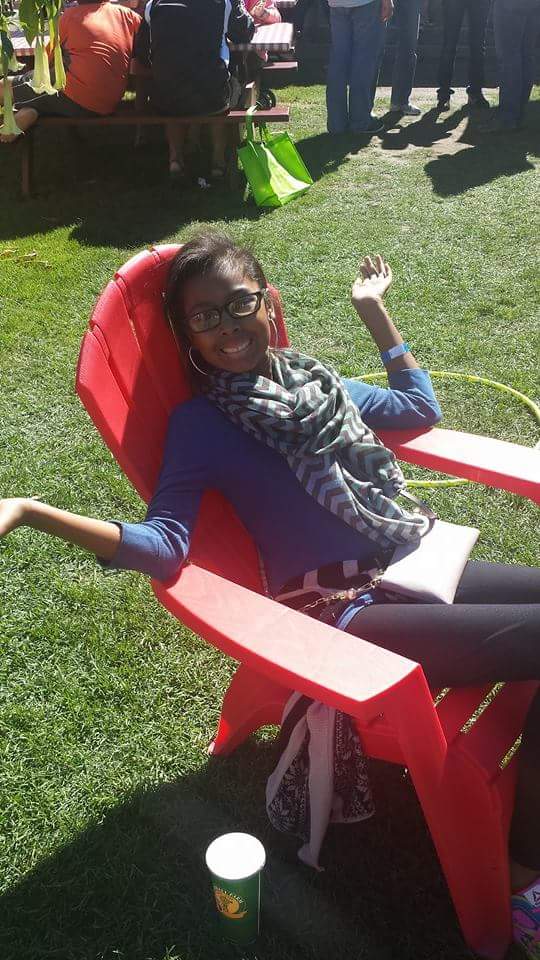
Deanna
Tatyana was 10 years old in September 2008, when she was diagnosed with AML. She was an easy going, loving child with an infectious smile who cared deeply for others. Just prior to her diagnosis, Tatyana had joined a soccer team and got very tired during practice, seemingly out of shape. But weeks later we found out she had AML.
Tatyana was treated at Dana-Farber/Boston Children’s and declared “cancer free” in December 2009. Although she reached remission, she was now dealing with the effects of treatment, which resulted in a lung transplant in 2012. Tatyana died in her sleep in January 2015 of pneumonia associated with complications from her treatment.
Our old family died when Tatyana was diagnosed. We became “that family” – the one with a sick kid. Tatyana’s younger brothers kept us moving after she died. Finding support, especially from other bereaved parents, has helped me, and being a part of PFAC makes me feel connected, especially during tough times like the holidays.
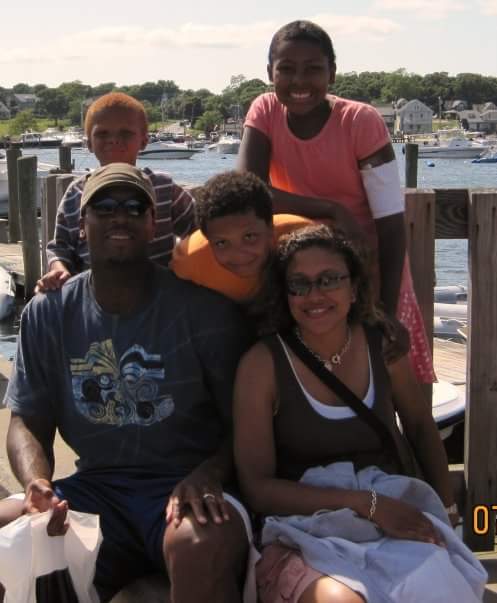
- Take care of yourself – take all the time you need and do things at your own pace
- Forgive yourself if you veer off your timetable
- Make your needs known to others
- Find another bereaved parent to talk to
- Forgive people who aren’t there for you
- Remind yourself that people don’t know what to say; it helps to understand where they are coming from
Clinicians also have a tough time when their patients die and might not know what to say or do. In an ideal world, this is what I recommend for them:
- Call later, maybe around the six-month mark
- Offer the opportunity to meet again several months later to revisit conversations
- Write a personal note
- Reach out to acknowledge the death
- Offer activities for grieving siblings and parents over a period of time, allowing them to gradually let go.
——
Even though I wasn’t fortunate enough to meet Jose, Kaylee, and Tatyana, listening to their parents gave me a glimpse into the lives of these vibrant children whose lives ended too early. It’s important for us to learn not to avoid bereaved parents, no matter how helpless it makes us feel. Grieving the death of a child is a devastating and isolating experience – one that no one should have to go through alone.
